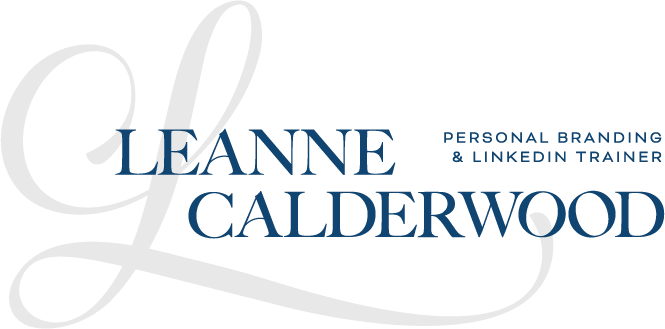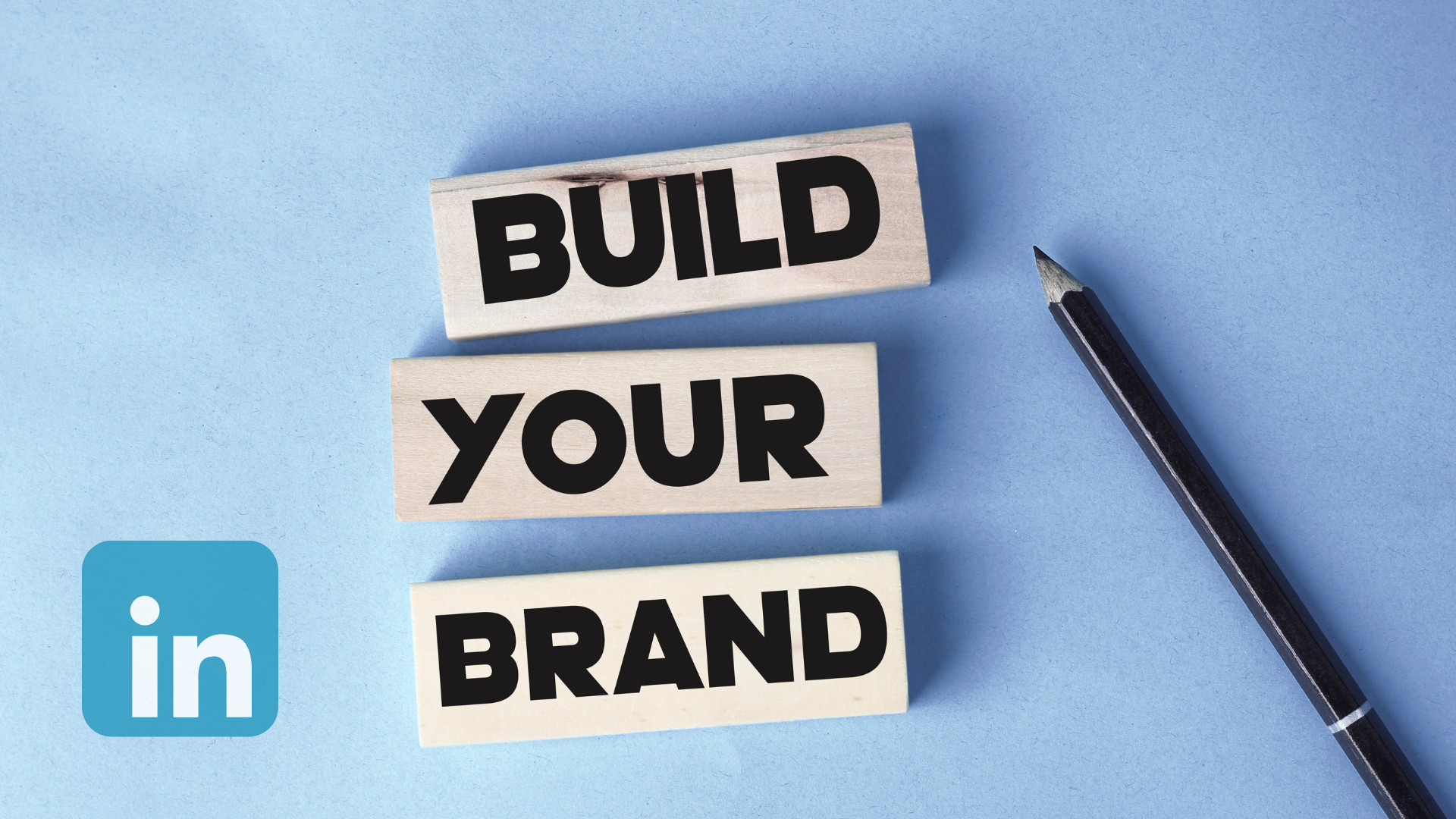If you still think LinkedIn is just a place to post your résumé and quietly…

Personal Brand vs Business Brand in the Hospitality Industry
One of the biggest questions around branding has to be the inquiry around whether to build a personal brand, or to build a business brand. When working in hospitality, this question can often manifest into whether you should build a brand around you, or build a brand around your product or service.
There is no one right or wrong way to answer this question, and how you decide to build your brand will depend on many factors, but let’s break down what the similarities and differences are between the two entities, and how you can marry them to create an experience for your ideal community.
As defined by Wikipedia, Personal branding is the conscious and intentional effort to create and influence public perception of an individual by positioning them as an authority in their industry, elevating their credibility, and differentiating themselves from the competition, to ultimately advance their career, increase their circle of influence, and have a larger impact.[1]
My definition would be as follows – The intentional act of amplifying personality characteristics and stories to help an individual serve a community, set themselves apart from their competition, elevate their position and create impact and influence.
A business brand as defined by Wikipedia is a name, term, design, symbol or any other feature that identifies one seller’s good or service as distinct from those of other sellers
As you can see, very different definitions for a word that is used to describe both businesses and individuals.
So when looking at the best way to serve a community and set yourself apart from your competition, which one do you work on developing?
The short answer is…. BOTH!! When your business creates a trustworthy brand through quality, through service, through their CSR initiatives, the fair treatment of employees, staff and stakeholders, they are creating a brand that will attract their ideal community.
You as the individual can use some of these elements in your own personal brand, in addition to creating your own circle of trust with your customers through your brand.
Here are 6 reasons why you should build out a personal brand in collaboration with your business brand:
- Create stronger relationships – Your authentic belief in your business brand will help you create more profitable relationships with customers. Customers like working with individuals, not corporations, and you are working as an extension of your business. You create trust with your customers and clients and put a “face” to the corporation. People will remember how you made them feel, and you have the opportunity to amplify that through your brand.
- Outside and inside opportunities – Building a personal brand gives you more flexibility for outside opportunities including job offers and thought leadership pieces. It can also lead to deeper connections internally; making you more visible for promotions, projects and introductions within the company to other departments and higher-ups.
- You control the messaging – when you create your personal brand, your business is a small part of your overall brand message. You control how you want to be perceived by the community by building your own brand. Over time, it will alter the results Google pulls up for you. If you have a LinkedIn profile, it will likely show up as either the first or second result. Having a personal brand will elevate your active platforms and channels, thus giving you control over what people will see and read about you, and also gives rise to the organization you represent.
- You are responsible for your own brand. As your business changes, you decide if and how you want to change with it. Your brand will grow with you over time, and may even head into a different direction of your business brand. Having your own brand gives you the opportunity to make change, and not be solely tied to all the dealings of the organization.
- You are not responsible for the business brand. Without a personal brand behind you, you may be associated with the business brand – the good, the bad and the unexpected ugly. If your brand does or says something that misaligns with your customer’s expectations, you’ve already positioned yourself as someone who shares a certain belief and value system. It’s also easier to make amends when your community knows who you are.
- Your relationships go with you. Should you decide to move on to other opportunities, building community through your brand helps ensure your community members go with you to the next opportunity. Remember, customers like dealing with people they trust, and when faced with two identical options to choose from, they would prefer to work with someone they know and like. As a brand, they will know and remember you as you move to new roles and projects.
- Seen as an asset to your business – Whether current or future, businesses will see the value of empowering their employees to develop a personal brand. This could lead to better experiences for employees and better retention. Conversely, if a company does not see the value, there are more appropriate businesses waiting to partner with you in their business.
My friend, it is more than possible to build a personal brand as well as respect and incorporate your business’ brand; it can lead to more customers, higher retention, and better engagement all around.
RELATED – The Importance of Personal Branding
RELATED – Personal Branding Tips for 2021 for Hospitality Professionals
RELATED – Why I Changed My Personal Brand



